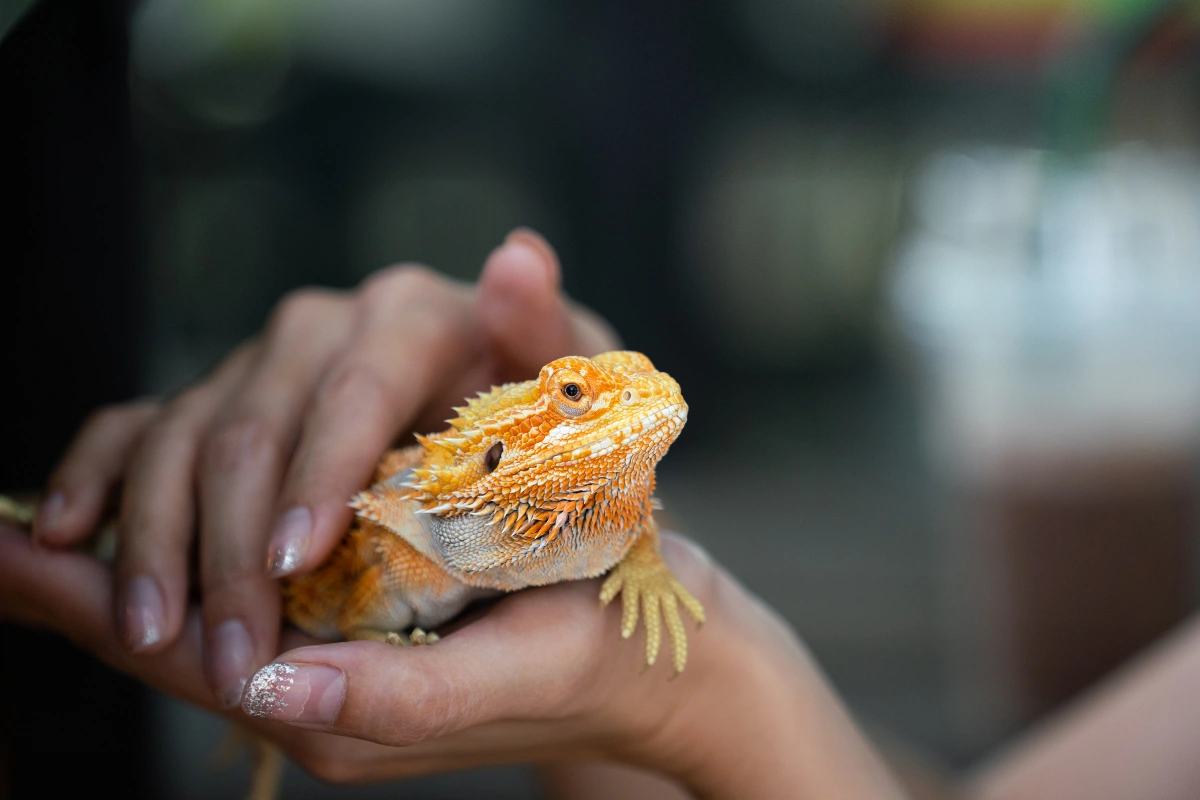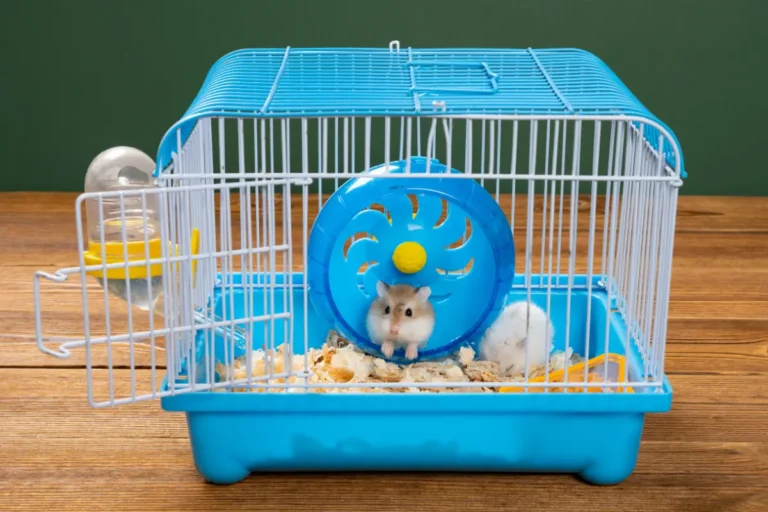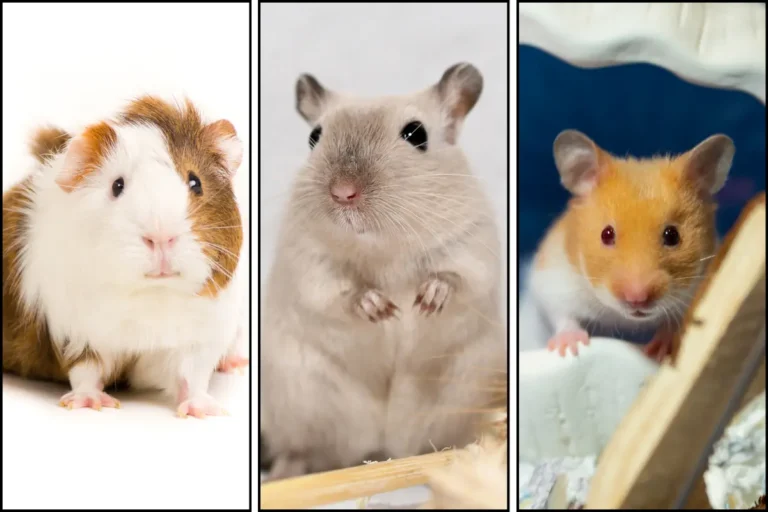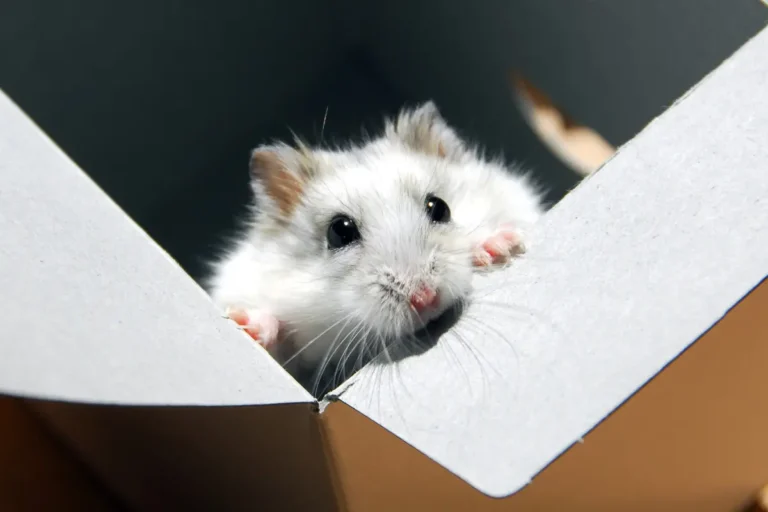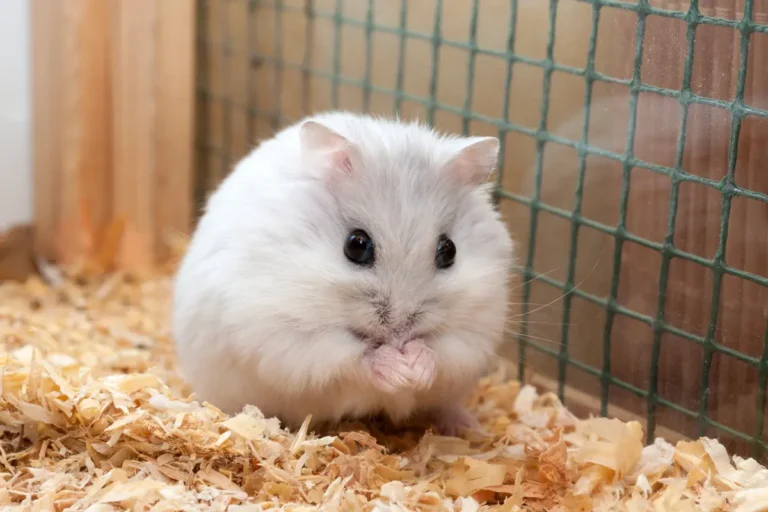20 Adorable Exotic Pets That Make Perfect Companions
For many people, the idea of having a pet goes beyond the usual cats and dogs. If you’re looking for something a bit more unique, exotic pets might just be the perfect choice.
While they may require special care, these exotic animals can offer years of companionship, joy, and even a few surprises along the way.
Exotic Pets: Not Just Your Average Pocket Pet
While pocket pets are often considered “exotic” because they are less common than dogs and cats, the term exotic pets refers to any non-domestic species kept as pets, including some more unusual and rare animals. This could include reptiles, amphibians, birds, and even invertebrates like tarantulas or scorpions.
There are many reasons why people might choose a pocket or exotic pet over more common options. Some of the benefits include:
- Space-saving: These pets are perfect for people who live in apartments or homes with limited space.
- Lower cost of care: Many pocket and exotic pets have relatively low initial costs and upkeep. They generally require fewer resources than larger pets.
- Unique companions: Exotic pets and pocket pets can offer a more unique pet experience, with many people drawn to their distinctive behaviors and appearances.
- Educational opportunity: Caring for an exotic pet can be a great learning experience, especially for young pet owners. It can teach responsibility, empathy, and respect for different species.
However, before choosing a pocket pet, it’s important to consider their specific needs, including diet, habitat, and interaction requirements. Let’s take a closer look at some of the cutest and most lovable exotic pets you can bring into your home.
1. Chinchillas
Chinchillas are small, nocturnal mammals known for their soft, dense fur. They enjoy exploring and are relatively easy to care for, but they require a cool and dry habitat to prevent overheating.
- Care Requirements: Chinchillas require a spacious cage, dust baths two to three times a week, and a cool environment to thrive. They are sensitive to heat and should not be exposed to temperatures above 80°F (27°C).
- Personality: Chinchillas are playful and affectionate but may be shy at first. They enjoy interaction, but they don’t tolerate excessive handling well.
- Lifespan: 10–20 years.
2. Sugar Gliders
These small, nocturnal marsupials are very social and affectionate. They thrive in pairs and need plenty of space to climb and glide.
- Care Requirements: They need a large cage with climbing opportunities and should be kept in pairs for companionship. Their diet includes fruits, vegetables, and protein, and they require regular interaction.
- Personality: Social, affectionate, and curious, sugar gliders enjoy bonding with their owners but can be loud at night.
- Lifespan: 10–15 years.
3. Short-Tailed Opossums
Short-tailed opossums are small, nocturnal marsupials known for their gentle nature and adaptability. They are easy to care for and make great pets for owners who can provide them with a safe and stimulating environment.
- Care Requirements: They need a spacious cage with climbing structures and bedding. A balanced diet of fruits, vegetables, and protein should be provided.
- Personality: These creatures are gentle, curious, and easy to train. They enjoy exploring but are mostly solitary.
- Lifespan: 4–6 years.
4. Prairie Dogs
Prairie dogs are highly social animals that thrive in colonies. They are affectionate, playful, and can form strong bonds with their owners.
- Care Requirements: Prairie dogs need a large enclosure to burrow and explore. They are herbivores and require a diet of hay, vegetables, and fresh water.
- Personality: Playful and affectionate, prairie dogs enjoy interacting with their owners and are best kept in pairs or groups.
- Lifespan: 6–8 years.
5. Hermit Crabs
Hermit crabs are small, low-maintenance pets that are ideal for people who don’t have much time for interaction. They are social and can be kept in groups.
- Care Requirements: Hermit crabs need a tank with a substrate for digging, freshwater and saltwater, and a variety of shells to choose from. They also require a warm, humid environment to thrive.
- Personality: Hermit crabs are calm and docile. They enjoy hiding and exploring but aren’t typically interactive pets.
- Lifespan: 5–10 years.
6. Fennec Foxes
Fennec foxes are small, desert-dwelling foxes known for their large ears. They require a lot of care, attention, and space.
- Care Requirements: Fennec foxes need a spacious indoor environment with room to explore and socialize. They require a high-protein diet and frequent playtime. They are also challenging to potty train.
- Personality: They are affectionate, energetic, and independent. While they may bond with their owners, they can be quite destructive if not given enough attention.
- Lifespan: 10–14 years.
7. Millipedes
Millipedes are quiet, docile creatures that require very little maintenance. They are great pets for people who prefer low-maintenance companions.
- Care Requirements: They need a humid environment, a tank with soil for burrowing, and a variety of decaying leaves to eat. Regular misting helps maintain humidity.
- Personality: Millipedes are calm and low-energy. They are not very interactive but can be fascinating to observe.
- Lifespan: 6–10 years.
8. Axolotls
Axolotls, also known as Mexican walking fish, are aquatic salamanders that remain in their larval form throughout their lives.
- Care Requirements: They need a clean, well-filtered tank with cool water and plenty of hiding spaces. Their diet includes live or frozen worms, small fish, and specially formulated pellets.
- Personality: Playful and curious, axolotls are easy to care for but need specific water conditions.
- Lifespan: 10–15 years.
9. Degus
Degus are small, diurnal rodents that are highly social and active. They enjoy companionship and are best kept in pairs.
- Care Requirements: Degus need a large cage with plenty of enrichment such as exercise wheels, tunnels, and chew toys. Their diet includes hay, pellets, and fresh vegetables.
- Personality: Social, friendly, and active, degus enjoy interacting with other degus and their owners.
- Lifespan: 5–9 years.
10. Hedgehogs
Hedgehogs are small, adorable creatures known for their spiky coats. They can curl into a ball when frightened, protecting themselves with their spines.
- Care Requirements: Hedgehogs live up to 5 years and need a cage with enough space to move around and exercise. Their diet should consist of high-protein food, and they also need regular opportunities to bathe.
- Personality: Hedgehogs are usually solitary and enjoy exploring their surroundings. They are friendly and social once they get accustomed to their environment and handling.
- Lifespan: 3–7 years.
11. Ball Pythons
Ball pythons are one of the most popular pet snakes, known for their docile nature and relatively small size.
- Care Requirements: Ball pythons need a secure, spacious enclosure with proper heat and humidity. Their diet consists mainly of thawed rodents, and they need regular shedding opportunities.
- Personality: Calm and non-aggressive, ball pythons are easy to handle and make great pets for snake enthusiasts.
- Lifespan: 20–30 years.
12. Tarantulas
Tarantulas are fascinating, low-maintenance pets for those interested in arachnids. They require minimal handling but are intriguing to observe.
- Care Requirements: Tarantulas need a secure, dry habitat with adequate humidity. Their diet consists of insects like crickets and mealworms.
- Personality: Calm and independent, tarantulas are best for people who aren’t squeamish about spiders.
- Lifespan: 6–15 years (depending on species).
13. Hyacinth Macaws
Hyacinth macaws are large, stunningly colorful parrots with impressive intelligence and social needs.
- Care Requirements: They need a large, secure enclosure with plenty of room to fly. They require a diet of nuts, seeds, fruits, and vegetables, along with social interaction and stimulation.
- Personality: Affectionate, intelligent, and playful, hyacinth macaws form strong bonds with their owners and enjoy being the center of attention.
- Lifespan: 50–60 years.
14. Bearded Dragons
Bearded dragons are friendly and easy to handle, making them great pets for families. They are curious and enjoy interacting with their owners.
- Care Requirements: Bearded dragons require a spacious tank with UV lighting, heating, and a balanced diet of vegetables and insects. They also need regular tank cleaning.
- Personality: Friendly, curious, and social, they are easy to handle and form bonds with their owners.
- Lifespan: 8–12 years.
15. Leopard Geckos
Leopard geckos are nocturnal reptiles with a calm demeanor. They are easy to care for and make great pets for beginners.
- Care Requirements: They require a terrarium with heating elements, a water dish, and places to hide. Their diet consists of insects such as crickets and mealworms.
- Personality: Docile, easy-going, and low-maintenance, they are often more active at night.
- Lifespan: 15–20 years.
16. Chipmunks
Chipmunks are small, energetic rodents that make charming pets with their curious personalities and quick movements.
- Care Requirements: They need a large cage with plenty of room for climbing and burrowing. Chipmunks are omnivores, so their diet should include seeds, fruits, vegetables, and insects.
- Personality: Energetic, inquisitive, and quick, chipmunks are great for people who enjoy watching active pets.
- Lifespan: 3–5 years.
17. Marmosets
Marmosets are tiny, highly social monkeys that are affectionate and curious. They require a lot of attention and mental stimulation to stay happy and healthy.
- Care Requirements: Marmosets need a large, secure enclosure with plenty of vertical space to climb. They thrive on a diet of fruits, insects, and specially formulated primate food. They also require daily interaction and enrichment.
- Personality: Social, affectionate, and energetic, marmosets bond closely with their owners but can become demanding if not properly cared for.
- Lifespan: 12–16 years.
18. Slow Lorises
Slow lorises are small, nocturnal primates with an adorable, slow-moving nature. While they can be gentle and affectionate, they require specialized care.
- Care Requirements: Slow lorises need a secure, spacious enclosure with plenty of places to climb and hide. They are insectivores and need a diet rich in protein. Special care is needed to avoid their venomous bite, which can be dangerous.
- Personality: Slow and gentle, slow lorises are known for their calm demeanor but can be more active at night. They are best suited for experienced pet owners.
- Lifespan: 15–20 years.
19. Sloths
Sloths are slow-moving, tree-dwelling mammals known for their relaxed lifestyle. They are adorable but can be challenging to care for due to their specific habitat needs.
- Care Requirements: Sloths require a large, vertical enclosure with trees or branches for climbing. They are herbivores, feeding primarily on leaves, and need a controlled environment with warm temperatures and high humidity.
- Personality: Sloths are incredibly laid-back and spend most of their time sleeping or slowly moving. They are not very interactive but are fascinating to observe.
- Lifespan: 20–30 years.
20. Meerkats
Meerkats are small, social creatures that live in groups. They are highly active and have unique behaviors, making them interesting pets for the right owner.
- Care Requirements: Meerkats need a large, secure enclosure with plenty of space for burrowing and exploring. They are omnivores and require a varied diet of fruits, vegetables, insects, and small vertebrates. They thrive in a warm environment and need regular mental stimulation.
- Personality: Social, curious, and highly energetic, meerkats form tight-knit groups and enjoy socializing with their owners. However, they require constant interaction and attention to avoid boredom.
- Lifespan: 6–12 years.
Exotic pets can bring a lot of joy and uniqueness to your home, but they also come with their own set of responsibilities. Before bringing one of these adorable creatures into your life, make sure to do plenty of research to ensure that you can provide them with the care and environment they need to thrive.
